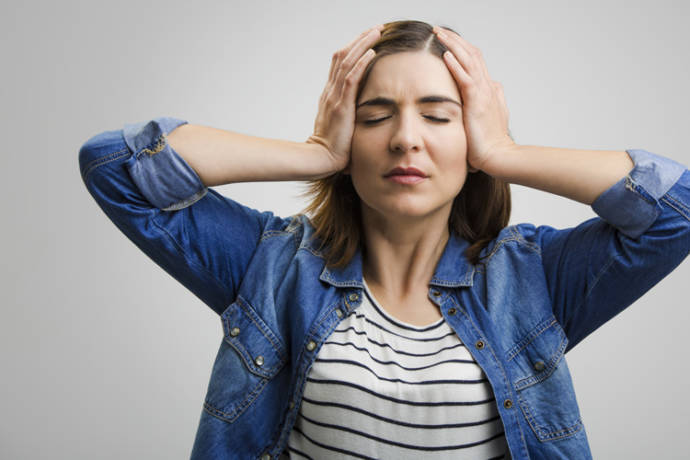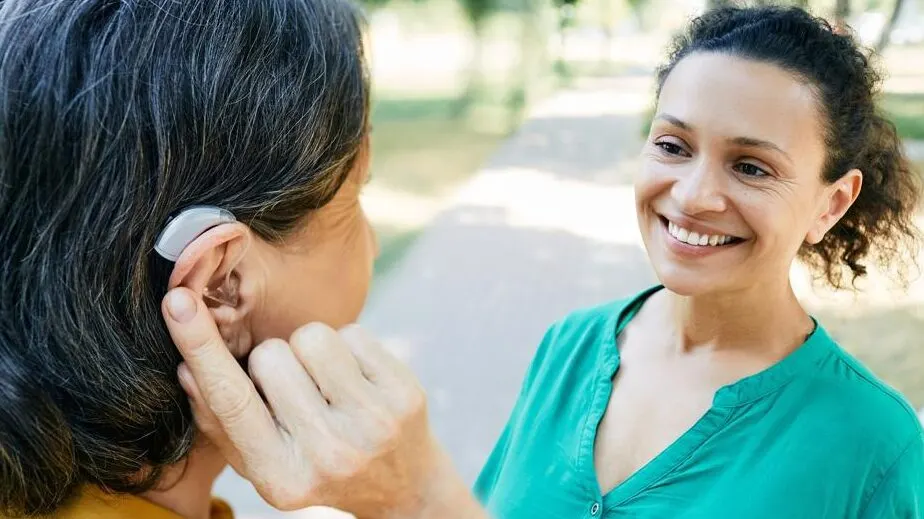Different degrees of depression can be observed amongst the stroke survivors. Irritability, anxiety, frustration, fear, sadness, hopelessness and anger are some of the common psychological feelings many stroke survivors experience. According to the latest studies, the depression occurs in more than one third of the total stroke survivors but in over 70% of cases goes completely untreated. Depression after surviving a stroke is not uncommon and it can be treated with proper medications, therapies and lifestyle changes. However, it is really important to be careful about it from the very beginning so that it does not happen to hamper the quality of life of the survivor.
Post stroke depression
Post stroke depression is often described as a feeling of hopelessness and worthlessness that directly impacts the mood as well as the quality of life of the stroke survivor. Treatment and management of post-stroke depression is very important as it can directly impact not only the quality of life of the survivor but also the recovery of the patient. So, if you have survived a stroke, it is really important for you to be aware about the symptoms of post-stroke depression so that you can seek for immediate medical help in case it seems to disrupt your life and wellbeing. Post stroke depression can occur one week, one month or even a year after the stroke.
The reason of post stroke depression
Stroke strikes a person suddenly often making him/her completely off balance from his/her planned life. A stroke can make you to change your total course of life, which can be depressing for anyone. The psychological reaction to stroke is most commonly the reason behind the post-stroke depression. Apart from that there can be other reasons as well. According to some psychiatrists depression can be caused due to the biochemical changes that occur in the brain due to the stroke. The injury to the brain might impact the ability of the person to feel the positive emotions, propelling him towards depression. Genetics and social factors might also work as reasons behind the post stroke depression. However, the good thing is that it can be treated and help is always at hand.
Symptoms of post stroke depression
All or some of these symptoms generally occur amongst the patients suffering from post-stroke depression. If you have any of these symptoms that do not seem to go away on its own within a week or two, you should get help from your doctor at the earliest,
- Persistent feeling of sadness or emptiness
- Improper sleep or excess sleep
- Increased or reduced appetite and digestive ability
- Withdrawal from society and normal activities
- Feeling of helplessness, anxiety and worthlessness
- Continuous fatigue
- Irritability and anger
- Total loss of interest in activities that were previously enjoyed
- Inability or difficulty in focusing or concentrating on work or things
- Thoughts of suicide
- Physical aches and pains that does not seem to ease with normal treatment
If you are observing these symptoms after surviving a stroke it is really important for you to take some serious measures to cure it. You can implement some lifestyle changes in order to get results, but if it seems to take too long to be cured, it is best to opt for medical help at the earliest, because continual depression at this stage can seriously affect your recovery.
Treating depression after stroke
To treat depression after stroke implementing the following changes in your lifestyle can be particularly helpful,
Focus on better nutrition
A proper and balanced diet with the right nutrients can be most helpful to fight off the post stroke depression. Including foods in your diet that are rich in Omega 3 fatty acids, Vitamin B and folic acid can be effective to promote the health of the brain cells and to produce more of the feel good hormone in the brain. Fatty fishes, seeds and dry fruits are considered as the best natural sources of Omega 3s. Hence include all of these in your daily diet in adequate quantity. Whole grains also improve the secretion of neurotransmitters in the brain boosting the mood. So, instead of white breads and white rice, start depending on whole grain braids, Oatmeal and brown rise.
A diet low in protein is also often linked with depression. Hence when you are suffering from post -stroke depression makes sure that your diet has adequate amount of low fat protein. Also include more of beans, broccoli and sprouts in your daily diet. These rich sources of folic acid will help in keeping depression away.
Indulge in physical activities
You might not be suggested to undertake heavy physical activities after surviving a stroke but that does not mean you have to leave all the physical activities. Lack of physical activities can be a common trigger for post stroke depression. So, go out on walks and concentrate more on low impact physical activities. More physical activities will not only keep you physically fit but will also boost your mood through secretion of serotonin in the brain. If your doctor permits, you can also undertake activities like swimming to ensure more physical activeness. This will not only help in controlling depression but will also promote your recovery.
Watch your sleep quota
To get back to your normal life after a stroke, it is important that you take adequate rest but not excess of it. You should talk with your doctor about how much time you should sleep and keep your brain free from any activities and how you can spend the rest of the times placing small but interesting work for your brain. Sleep sufficiently but not in excess. Make yourself busy in reading books, listening music, hand crafts, painting, caring the plants, decorating the home or some other creative activity that will keep you busy and ensure a better mood.
Be patient
Life after surviving a stroke can be utterly different from how you might have planned it, but you have to keep in mind that you can always get back to your normal life once you have recovered fully. Life always throws challenges and you have no other way but to accept it and to make the best out of it. So, be patient with yourself and your relationships. If you are not able to do some activities that you have been doing with ease even a single week back before the stroke, it might be only some more time that it will take to get back to that fitness level. Also keep in mind that the people around you, who loves you, are also worried for you, so being impatient with them is not the right way to deal with the situation.
Set small and realistic goals
You have to accept that you had a close brush with death and as a survivor you have to give yourself time to get back to your original efficiency. So, instead of feeling frustrated for not being able to meet your goals, break down your work and your goals into small sections and deal with those sections one at a time. Having smaller goals will make it much practical to achieve them and you will also ensure that you are not frustrated.
Communicate and share
Surviving a stroke is not a small thing in itself and if you are feeling depressed sharing your problems and feelings with someone close to you in your family or with the caregivers can be a good and effective idea. You can also join a group of stroke survivors where you will get the chance to meet and talk with people who are going through similar phase of life. Sharing your problems will automatically help in reducing your depression and it will also enable you to get medical help quickly if needed.
Practice yoga
Yoga can be one of the most effective ways to deal with post-stroke depression. Yoga has the ability not only to relieve stress and fight depression but it can also work as a great healer on your mind. Practicing yoga is also helpful to boost the physical recovery process, which is sure to aid in the mental wellbeing as well. Yoga or meditation also helps in calming your nerves, getting rid of frustrations and makes you able to deal with the problems of life in a better way, which can naturally reduce your depression.
Medical treatments for post stroke depression
If your depression seems to not to ease even after a week or so, it is best to opt for medical help. There are certain medications as well as a number of other therapies that can be highly effective to cure post stroke depression. So seek for help when you need it,
Medications
A wide range of antidepressants are prescribed to the stroke survivors for fighting the depression. However, every type of anti-depressant is not ideal for the stroke survivors and hence it should be only your doctor to prescribe you a particular medicine and a particular course after considering your present condition as well as the medicines that you are already taking.
Psychotherapy
Different forms and types of psychotherapies can be an effective way to recover from any type of depression, including the post stroke depression. Psychotherapies are usually provided by a psychiatrist or counsellor and your doctor is the best person to refer to the right therapist for your needs.





